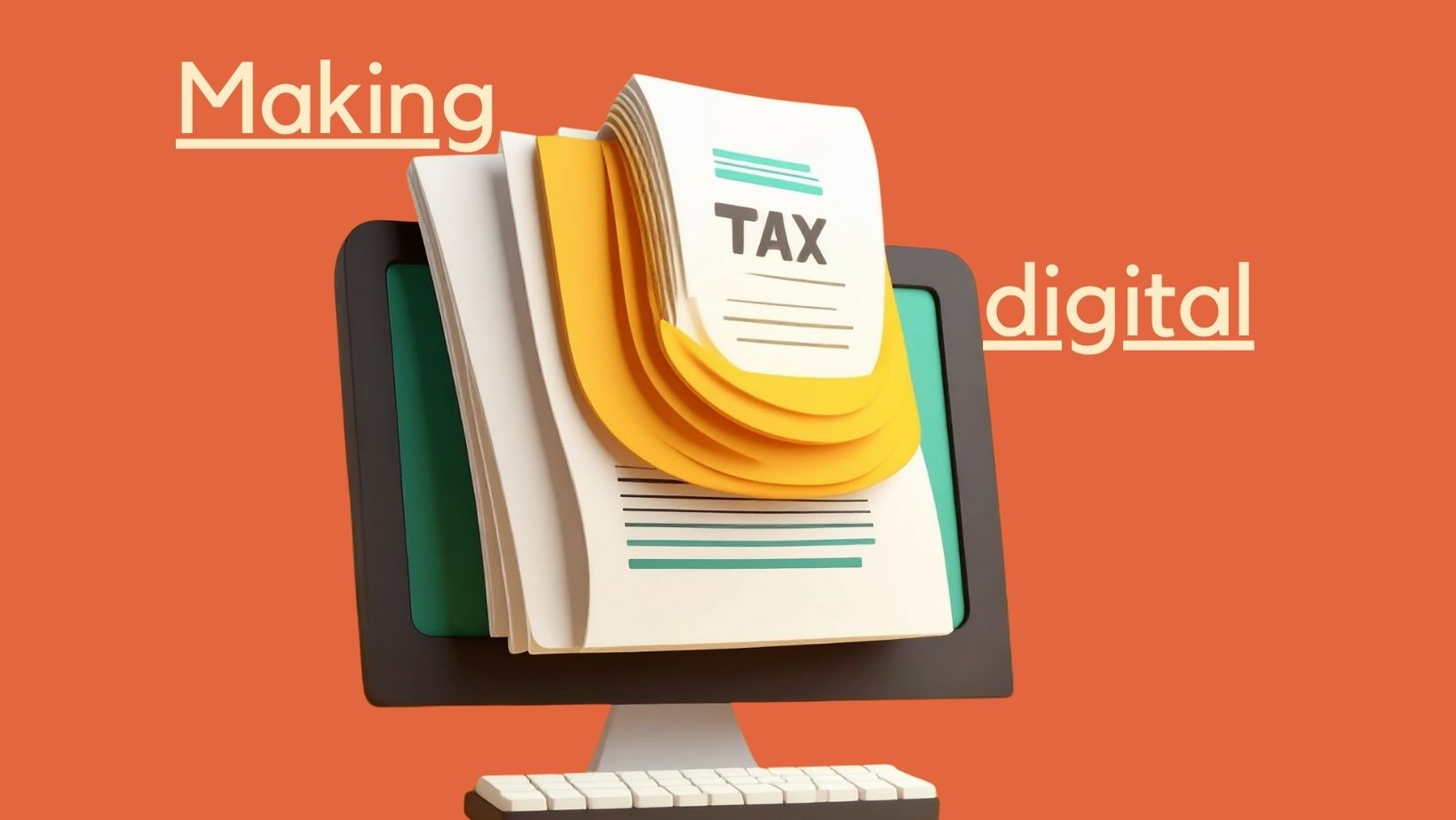When you think of Ant Middleton, you probably picture the no-nonsense ex-Special Forces guy from SAS: Who Dares Wins. But in a recent twist, Ant and his wife Emilie have found themselves in a spot of bother… not on a battlefield, but in the boardroom.
As of March 2025, the couple has been banned from being company directors for four years after failing to pay more than £1m in tax from their business, Sway and Starting Limited.
Between 2019 and 2022, the company raked in nearly £5m. But instead of keeping up with their tax responsibilities, the Middletons withdrew around £3m in director’s loans and left a huge tax bill unpaid (around £385,000 in VAT and £869,000 in Corporation Tax).
When the company went into liquidation, the Insolvency Service stepped in and found serious financial mismanagement. It’s a wake-up call for anyone running their own business: being a director really does come with very real responsibilities.
The legal duties of company directors
Company directors in the UK are bound by statutory duties, including:
- Ensuring tax compliance: Directors must ensure timely payment of all taxes, including VAT and Corporation Tax. Failure to do so can lead to investigations and penalties.
- Proper use of director’s loans: Funds withdrawn as director’s loans must be accurately recorded and repaid or appropriately declared. Mismanagement can result in personal liability.
- Maintaining accurate financial records: Directors are responsible for keeping precise records of the company’s financial activities. Inadequate record-keeping can lead to insolvency and legal consequences.
These responsibilities go hand-in-hand with a proactive and strategic approach to business growth. As discussed in our growth mindset article, this not only helps to meet compliance requirements but also to unlock new potential through good financial governance.
What happens when directors don’t fulfil their duties
When directors fail to meet their legal responsibilities, the consequences can be severe, not just for the business, but personally as well.
The case of Ant and Emilie Middleton is a clear example of what can go wrong. Their company brought in millions, yet they failed to pay more than £1.2m in VAT and Corporation Tax. Meanwhile, they were taking out large sums in the form of director’s loans; funds that should have been used to settle those outstanding tax bills. By the time the company collapsed, the Insolvency Service had enough evidence of financial mismanagement to issue a four-year ban on both of them acting as company directors.
But this kind of outcome isn’t just reserved for high-profile figures. Any company director who ignores their financial obligations or misuses company funds is putting themselves at serious risk.
The law doesn’t take kindly to directors who act irresponsibly or fail to prioritise their duties to creditors, HMRC, and the business itself. If a company goes under and investigators find signs of negligence, dishonesty, or poor financial conduct, directors can face bans, fines, and in more serious cases, personal liability for the company’s debts.
Disqualification isn’t just a slap on the wrist. It can affect your reputation, limit your future business opportunities, and even prevent you from holding certain roles. That’s why it’s crucial to treat directorship as a serious responsibility, not just a title. As highlighted in our guide on dealing with a director’s loan account, clear understanding and proper management of director finances isn’t optional. It’s essential to staying compliant and avoiding major consequences.
How directors can stay on the right track
Running a company means more than just having your name on the letterhead. You must take an active, informed role in the business’s financial wellbeing.
One of the most important things directors need to stay on top of is cash flow. Understanding exactly how much money is coming in and going out of your business can help you spot problems early and make informed decisions. If you can’t meet your liabilities (whether it’s paying suppliers, staff, or HMRC), it’s a sign that something needs addressing immediately.
Another key area is director’s loans. It’s not unusual for directors to take money out of the business, but these transactions need to be handled carefully. Every withdrawal should be properly documented, and it’s crucial to understand the tax implications. Treating the company’s money like your own personal piggy bank, without keeping things above board, can lead to serious consequences if things go wrong.
Directors also shouldn’t be afraid to ask for help. Working with an accountant or tax advisor isn’t just for large corporations. It can be a lifeline for small businesses and contractors too. Having a professional in your corner means you’re more likely to spot compliance issues before they become legal problems. They can also offer tailored advice on things like tax planning, allowable expenses, and cash flow forecasting.
Finally, it’s all about timing. When financial issues start to creep in, acting quickly can make all the difference. Whether it’s renegotiating terms with creditors, setting up a payment plan with HMRC, or restructuring parts of the business, early action gives you more options and a better chance of recovering.
Being a responsible director means staying engaged, staying informed, and knowing when to lean on expert support.





